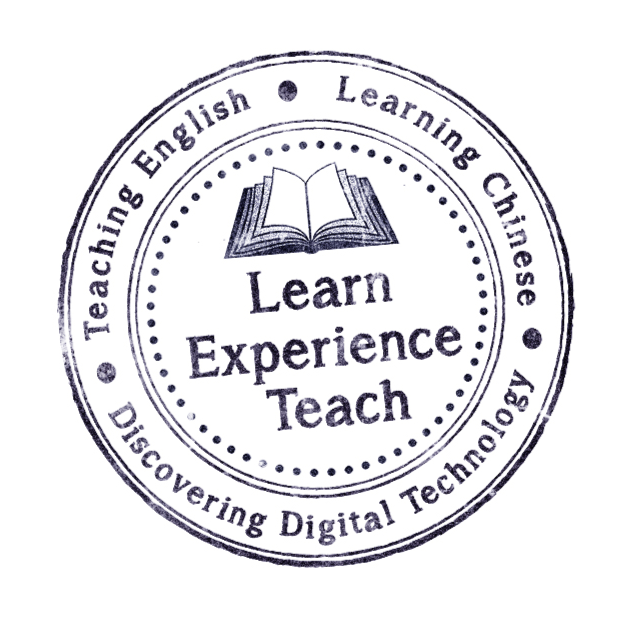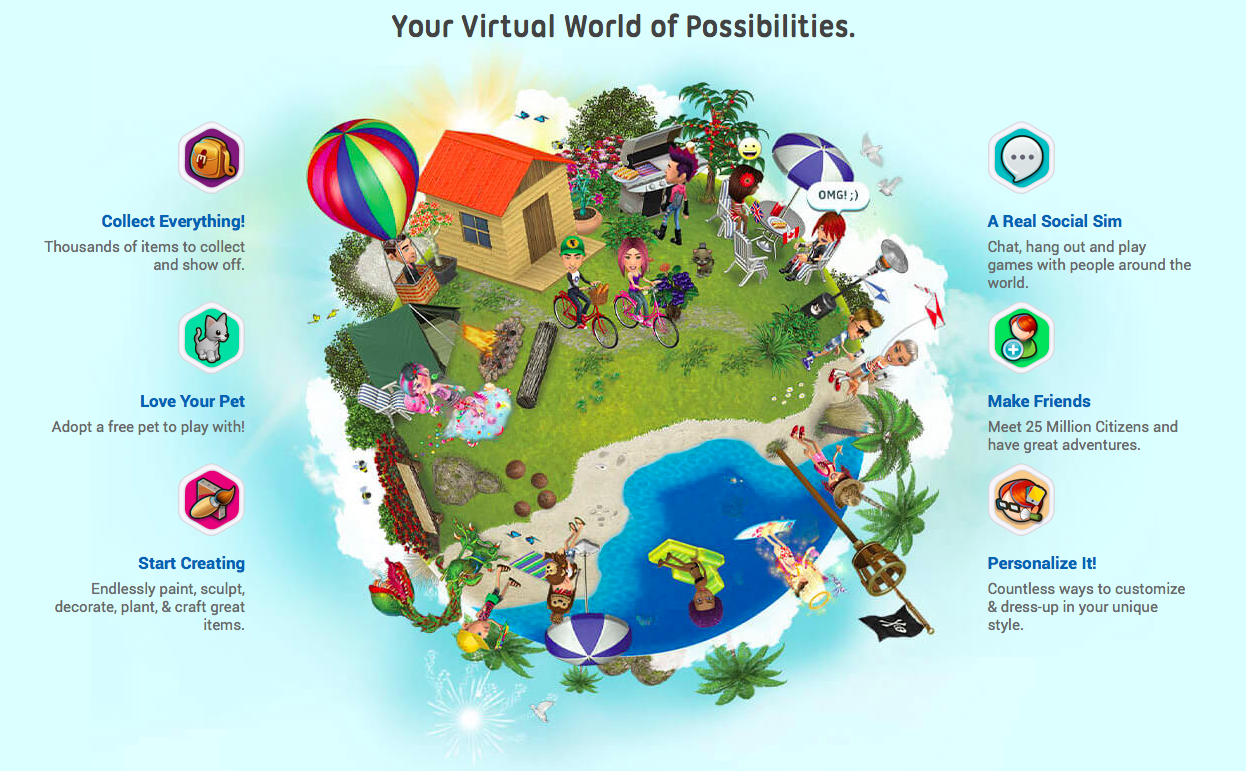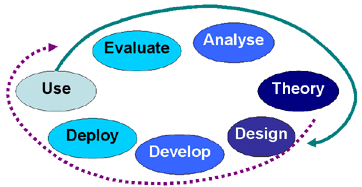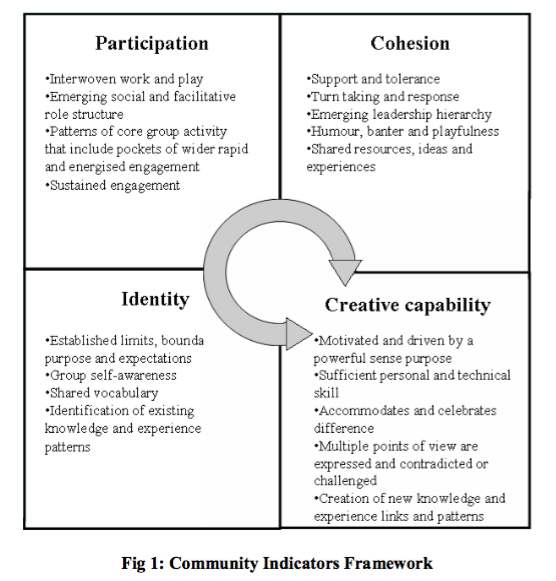Reflection on: Building Sense of Community at a Distance by Alfred Rovai (2002) International Review of Research in Open and Distance Learning, Vol 3, No. 1. Issues in Online Learning This paper discusses how best to design and conduct an online course in response to the major issues in distance learning: high dropout rates – apparently 10-20%…










